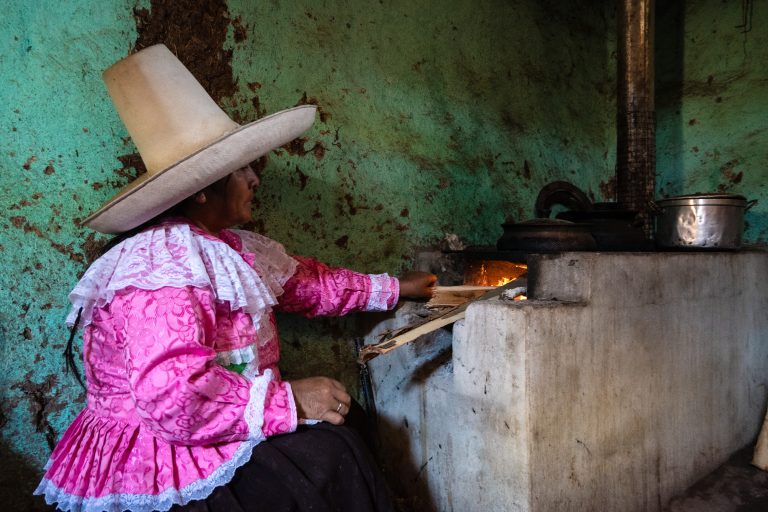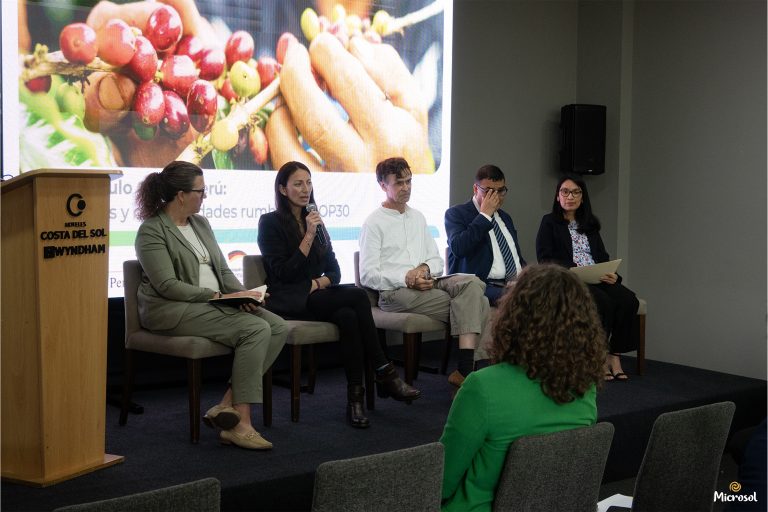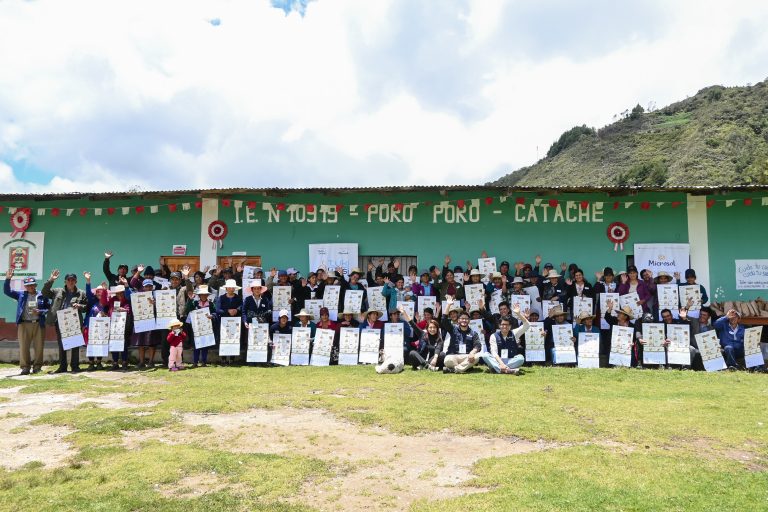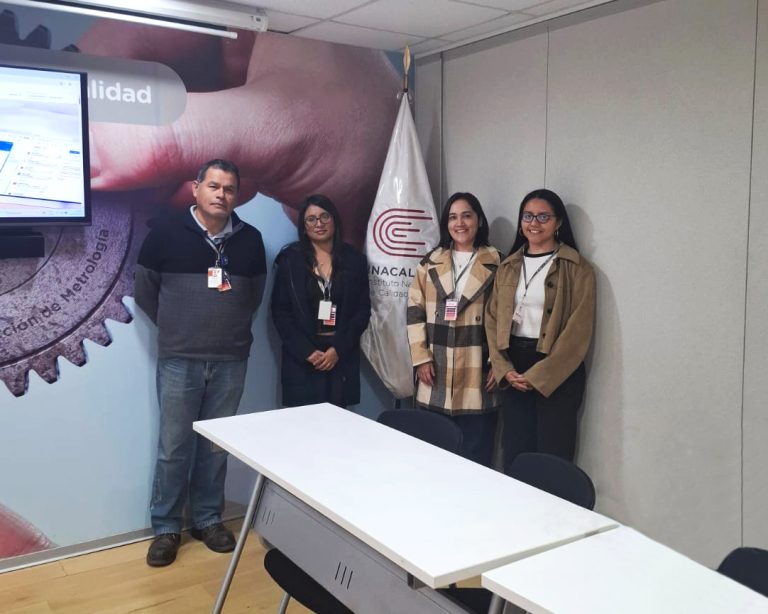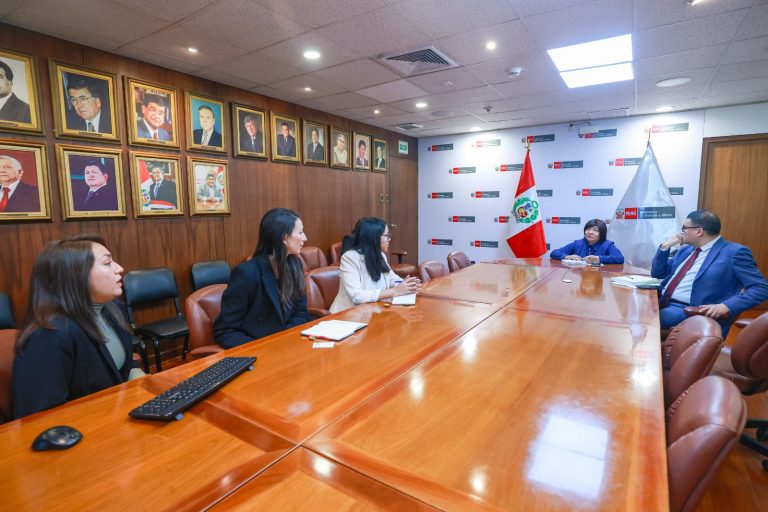Within the framework of the regional forum Carbon markets: perspectives and challenges in Latin America and the Caribbean, organized on August 29, 2023, by the Development Bank of Latin America and the Caribbean (CAF), and the Argentine Development Bank ( BICE) in the city of Buenos Aires, Dorothee Pie, CEO of Microsol made the presentation “Experience in the regulation of international transfers in Peru”, with the aim of exposing the challenges of the implementation of the Tuki Wasi Program, managed by Ruru Tarpuy and supervised by Microsol.
Tuki Wasi is a program that falls under Article 6 of the Paris Agreement for the Transfer of Internationally Generated Mitigation Results (ITMO). In this sense, the CEO highlighted the importance of the Peruvian government finalizing the implementation of the National Registry of Mitigation Measures (RENAMI) and coordinating with its Swiss counterpart to advance with the implementation of this innovative mechanism.
CAF, through this forum, seeks to open an orderly and structured debate on the opportunities generated from articles 6.2 and 6.4 of the Paris Agreement and the conditions that will make it possible for regulated and voluntary carbon markets to mobilize financing to the countries of Latin America and the Caribbean
As a result of these conversations, they want to develop a roadmap to create an agenda that strengthens carbon markets, the generation of national and regional capacities, and the creation of spaces for cooperation between countries and the different actors involved.
Dorothée Pie, CEO of Microsol together with Cristian Grisales, AxiscPrincipal Officer, Climate Action and Positive Biodiversity Management of CAF.
About Microsol
Microsol is a French-Peruvian company that was established 15 years ago with the purpose of creating links between communities around the world that help them become more sustainable and face the challenges of climate change.
Microsol, through the implementation of improved stoves, contributes to reducing the health problems associated with these pollutants inside homes, reduces greenhouse gas emissions and, by being more efficient kitchens, helps save money and time to families.



